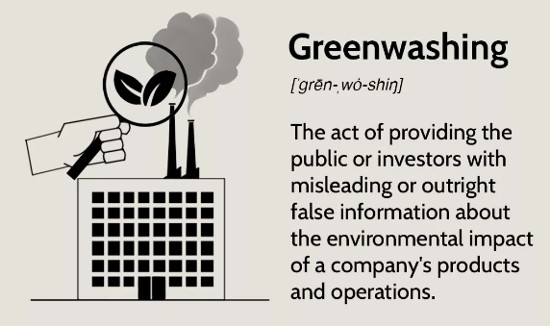The United States Inflation Reduction Act (IRA) is throwing billions to subsidize polluting industries to get them to implement carbon emission reductions. This is happening while the federal government is continuing to give the green light to fossil fuel companies to explore and develop new oil and gas fields.
Canada has an escalating price on carbon pollution and this week announced new tax credits to polluting industries to match those in the IRA. At the same time, Canada is vested in an oil pipeline to increase the capacity of oil sands operators to ship their products offshore and to the U.S.
Then there is Australia with the Labor Party now in power. It has reversed policies from the previous Liberal Party governments and committed to carbon emission reductions in 2030 by 43% compared to 2005 levels. At the same time, it is continuing to back natural gas projects, pipeline development and new coal mines.
All three governments are preaching from the same hymnal. They remain committed to fossil fuels because without them the impact on their countries’ current and near-future economies would be devastating. Their strategies emphasize an orderly transition with predictable outcomes that ensure the democratic nations of the world will be able to buy “democratic” oil, gas and coal. And at home, emission reductions would make each of their countries reduce emissions to achieve interim and 2050 net-zero targets.
None mention that the oil, gas, and coal that they export will end up being burned by their customers. The emissions and their contribution to global warming will not be coming from them.
Does this sound like greenwashing?
Originally, greenwashing was something businesses did to mislead investors and the public about their environmental credentials. But it sounds to me like we can add democratic governments to that definition. Expect more of it as COP27 begins next week in Egypt.
Holding this environmental gab session on the continent of Africa, the canary in the climate change coal mine should be an interesting affair. The promises of the Paris Climate Agreement to provide US $100 billion annually to Global South countries to help mitigate and adapt to climate change has yet to be fulfilled. And Africa more than any other continent is suffering the most because the money isn’t flowing, the projects to mitigate and adapt cannot get going, and the climate is changing.
Just look at Kenya in the last couple of years. The northern half of the country has hardly seen a drop of rain while the southern half is inundated with flooding. Or take Somalia which has experienced three years in a row of little to no rain. That’s three years of crop failures contributing to further political destabilization.
Our atmosphere is a shared commons. It doesn’t matter where emissions are produced. Political boundaries don’t stop greenhouse gas emissions. Global warming doesn’t stop at borders.
If you can encase your country in a glass bubble then you might be on to something. But you can’t. And although we will hear about the progress being made by the United States, Canada and Australia when their representatives speak at COP27, they are all acting like they are already living under glass bubbles.









